AN INVESTOR’S PERSPECTIVE ON THE WEALTH-BUILDING POWER OF PROPERTY
For generations, the dream of homeownership has been sold as the ultimate symbol of success. Owning a house is often seen as a sign that you’ve “made it”—a major life milestone that comes with a white picket fence and a sense of stability. But what if we flipped the script?
What if, instead of buying the home you live in, you chose to rent—and used your capital to invest in income-generating properties instead?
This might sound counterintuitive, especially in a culture where owning is seen as superior to renting. But from a property investor’s perspective, the question is not “should you buy or rent your home?”—the question is: how can you best build wealth?
Watch our YouTube video, Should You Buy Or Should You Rent Your Home.
Let’s explore both sides of the equation and break it down.
1. The Traditional View of Homeownership
Homeownership is deeply embedded in our social DNA. It offers emotional comfort, a sense of permanence, and a place to call your own. It’s also a form of forced saving—over time, as you pay down your bond, you build equity in the property.
But there’s an uncomfortable truth that most don’t talk about: your primary residence is not a financial asset in the traditional investment sense.
Unless you’re renting it out or generating income from it, your home doesn’t put money in your pocket. It costs you money every month—bond repayments, maintenance, rates and taxes, insurance. It can become a financial burden, particularly if all your capital is tied up in it.
2. Renting and Investing Instead
Now let’s consider the alternative: renting your home, and using your capital to invest in property that pays you.
Instead of using R500,000 as a deposit on a R2 million home to live in, what if you used that same R500,000 to invest in two smaller buy-to-let properties?
These rental properties would begin generating income from day one. Over time, you could enjoy monthly cash flow, benefit from capital appreciation, and build equity—all while your tenants pay off the bond for you.
You also retain the flexibility to move and adapt your lifestyle without being locked into a 20-year home loan.
3. Leverage: The Investor’s Secret Weapon
One of the most powerful tools in real estate is leverage—using the bank’s money to multiply your investments. As a property investor, leverage allows you to control high-value assets with a relatively small upfront capital amount.
Let’s say you invest in three properties using financing. Each property brings in rental income and appreciates over time. Suddenly, you’re building a portfolio—one that produces cash flow and grows in value.
Contrast this with owning a single property you live in. Your bond repayments don’t generate income. Your capital is stuck. And while the property may grow in value, it doesn’t offer the same compound return you get from multiple leveraged investments.
4. The Value of Flexibility
Renting gives you something that homeownership doesn’t: mobility.
If your job changes, if your family grows, or if you want to live in a high-end area temporarily, renting gives you the freedom to adapt. You’re not burdened with selling costs, transfer duties, or long waiting periods.
From an investor’s point of view, this flexibility is golden. You can rent where you want to live and invest where it makes the most financial sense.
Live the lifestyle you want while letting your investments build your wealth behind the scenes.
5. The Numbers: Renting vs. Owning
Let’s run a simplified example.
You buy a home worth R2 million with a 10% deposit—R200,000. You’ll pay around R18,000 per month on the bond, excluding rates, maintenance, and insurance. Over 20 years, you could pay upwards of R4 million.
Meanwhile, if you rent a similar home for R12,000–R14,000 per month and invest the R200,000 deposit into two smaller rental properties (using financing), you’re generating rental income from tenants, growing equity, and enjoying tax deductions on interest, maintenance, and management fees.
Over time, the wealth created by your investments can far exceed the equity built in your primary residence.
6. Long-Term Wealth Creation
From a long-term wealth-building perspective, the rent and invest strategy often outperforms buying your own home.
It’s simple: income-generating assets grow your wealth faster than non-performing ones. By focusing on acquiring properties that bring in cash flow, you create multiple income streams. These can fund future investments—or one day, even your dream home, bought in cash.
It’s also worth noting that many successful investors started by renting and building a portfolio before eventually buying their forever home—without compromising their portfolio’s momentum.
7. When Buying Might Make Sense
Of course, it’s not black and white.
There are seasons in life where buying your own home makes complete sense. If you’re settled in an area, have no plans to move, and value the emotional security and lifestyle perks of ownership, then buying may align with your goals.
It’s not wrong to want a place that’s yours, to renovate as you please, and to raise your family in. Just make sure you’re aware of the trade-offs and not sacrificing your long-term investment potential.
Read our Article, Is Buying or Renting Better?
Final Thoughts
So—should you buy or rent your home?
From a property investment standpoint, renting while you build your portfolio can be a smart move. It frees up capital, increases your investment power, and allows you to live flexibly while focusing on cash flow and capital growth.
That said, there’s no one-size-fits-all answer. The right decision depends on your goals, your season of life, and how disciplined you are with investing.
If you choose to rent, make sure your capital is actually working for you. And if you choose to buy, make sure it aligns with your broader financial vision.
Whichever path you choose—own it with intention.
Watch our YouTube video, Should You Invest in Property in Cape Town or Johannesburg?
Read the entire article in the May 2025 Edition of Real Estate Investor Magazine.


